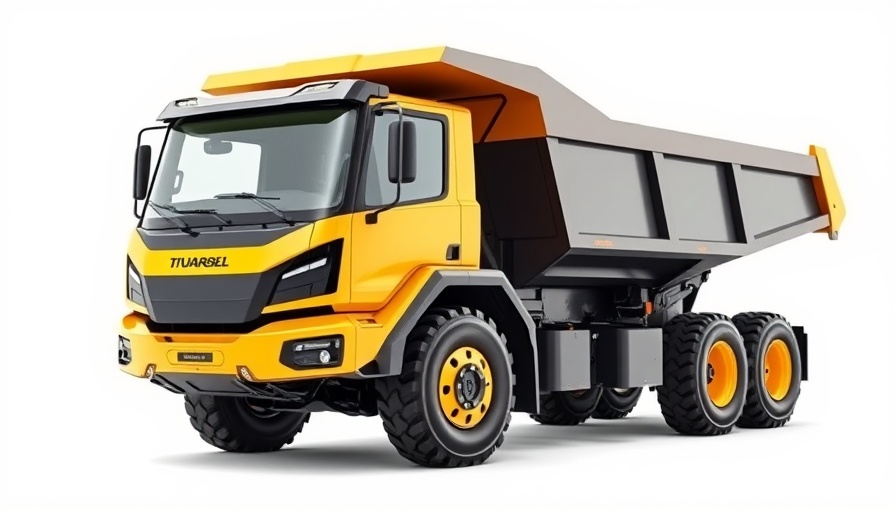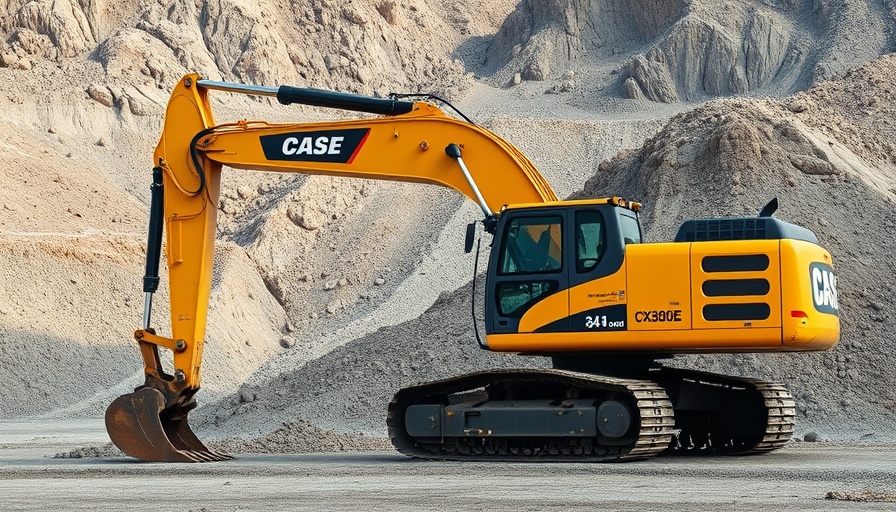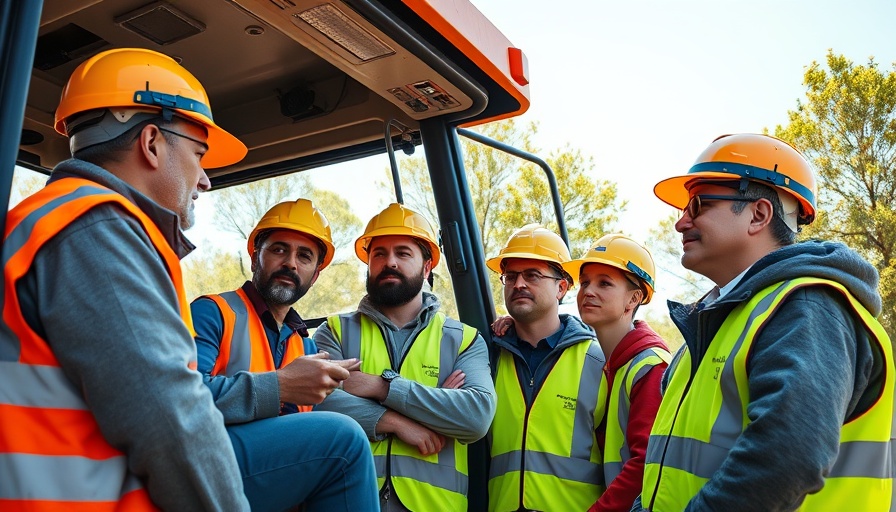
Revolutionizing Construction: The Electric Articulated Dump Trucks
At the recent Bauma trade show, Volvo CE introduced its groundbreaking A30 and A40 Electric articulated dump trucks, touted as the world’s first electric models to enter serial production in their class. With payload capacities of 32 and 43 U.S. tons respectively, these trucks aim to revolutionize the construction industry.
Performance That Doesn’t Compromise
Volvo claims that these new electric haulers perform comparably to their diesel counterparts. Both models maintain similar operational outputs while significantly reducing emissions. The A30 Electric is designed with a payload capacity of 32 U.S. tons and a bed volume of 23.3 cubic yards, while the A40 boasts a max horsepower of 469 and a battery capacity of 350 kWh. The implications for construction practices are immense, positioning these trucks as not only eco-friendly alternatives but also powerful workhorses.
Operational Efficiency and Charging Innovations
One of the standout features of these trucks is their operational efficiency. They can run anywhere from 4 to 7 hours on a single charge, depending on the task’s intensity. Construction teams can monitor their operational data seamlessly through Volvo’s My Equipment app, allowing for real-time management and updates. This innovation hints at a future where heavy machinery can be controlled and monitored remotely, possibly improving site management and operational oversight.
A Commitment to Sustainability
The introduction of the A30 and A40 Electric models marks a significant milestone in Volvo's journey toward decarbonizing construction. According to company estimates, the electric models will cut carbon emissions by 84% for the A30 and 90% for the A40 over their operational lifespans compared to diesel trucks. This commitment to sustainability not only addresses pressing environmental concerns but also aligns with the growing market demands for greener construction solutions.
Challenges Ahead: Market Readiness
Despite the promising technology, Volvo plans to launch these electric trucks in Europe on a limited basis next year. The decision to restrict early availability suggests a cautious approach to entering a market that may still favor diesel technology due to initial infrastructure concerns and costs. As battery technologies improve and charging infrastructures expand, the broader adoption of electric heavy-duty vehicles could become more plausible.
What It Means for Contractors and Homeowners
For home service contractors and homeowners, the arrival of electric articulated dump trucks can facilitate more environmentally-friendly construction projects. By lowering emissions and noise levels, these trucks can work in closer proximity to residential areas without disturbing the community. Additionally, as industries move towards more sustainable operations, contracting partners who invest in this technology may find themselves at a competitive advantage in the marketplace.
The Future of Construction Equipment
The future looks promising for electrification in construction. Volvo’s electric articulated dump trucks are not just an evolution in technology; they symbolize a shift towards sustainability in one of the most resource-intensive sectors. As electric technology continues to mature, it is likely we will see similar innovations across other parts of the heavy equipment industry, further incentivizing a shift to greener solutions.
In conclusion, the unveiling of Volvo's A30 and A40 Electric articulated dump trucks at Bauma marks a significant step in evolving construction practices toward sustainability. Home contractors and service providers should be prepared to adapt to this change by staying informed about eco-friendly technologies that can enhance their operational efficiency. The movement towards green equipment is not only beneficial for the environment but will also continue to reshape the competitive landscape of the construction industry.
 Add Row
Add Row  Add
Add 






Write A Comment